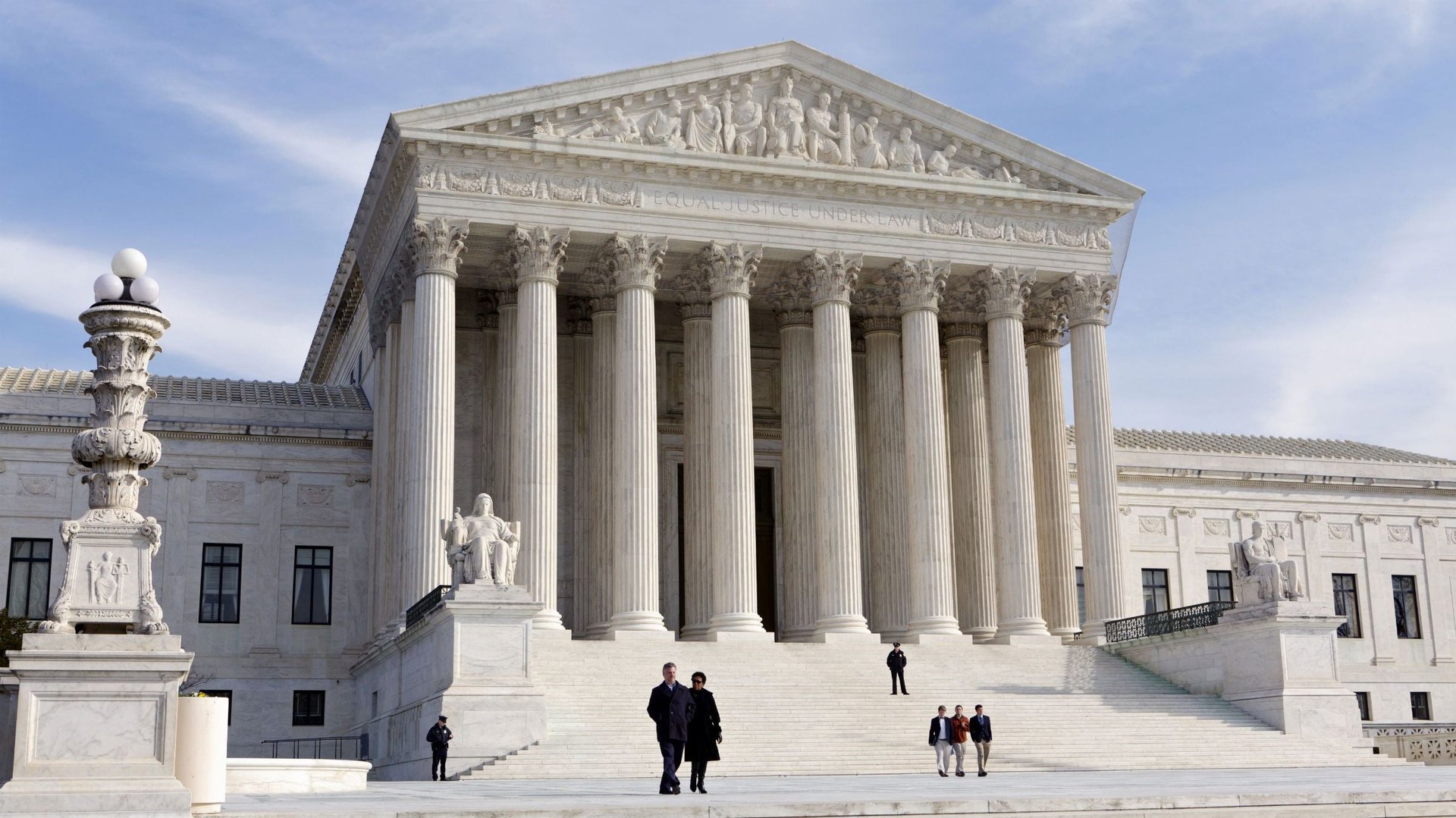Aereo’s Supreme Court case could catch TiVo and others in its crossfire
The US Supreme Court today weighs the fate of Aereo, a New York startup that has stirred up the media industry by transmitting broadcast television over the internet without a copyright license. Oral arguments are scheduled to begin at 11am US eastern time.


The US Supreme Court today weighs the fate of Aereo, a New York startup that has stirred up the media industry by transmitting broadcast television over the internet without a copyright license. Oral arguments are scheduled to begin at 11am US eastern time.
In my preview of the case, I argued it could implicate other firms that stream TV over the internet or store media in the cloud. The word to listen for in today’s arguments is Cablevision, as in the 2008 appeals court decision approving that company’s cloud-based DVR. Prolonged discussion of the case would suggest the justices disagree with the ruling in Cablevision, which would in turn raise questions that go way beyond Aereo.
Think, for instance, about TiVo. The publicly traded company recently started selling products that let people watch recorded television on phones and tablets over the internet. If the justices think Aereo’s service is a copyright violation, then TiVo’s might be, too.
Another bystander could be Slingbox, which is owned by satellite operator EchoStar, a publicly traded spinoff of Dish Network. Slingbox streams TV programming to other devices. It hasn’t faced many legal challenges but could find itself implicated by the justices, which is why EchoStar and Dish submitted a brief (pdf) supporting Aereo.
Nascent startup Simple.TV, which counts Pritzer Group among its investors, is perhaps the most at risk of the Supreme Court’s ruling. It operates a cloud-based service very similar to Aereo, except for cable programming in addition to broadcast TV.
In all of these cases, the question is whether the service amounts to a “public performance” of copyrighted television. Watching recorded TV over the internet certainly seems like a private experience, not even really a performance. But US copyright law doesn’t necessarily view it that way. More to the point, the Supreme Court may not view it that way, either.
Lots of technology companies that operate cloud services, from Amazon to Apple, ought to be watching the Aereo case, as well. It’s not clear what distinguishes them from the internet TV services more directly at issue before the court. All of them allow playback of copyrighted media in a way that might constitute a “public performance,” depending on its definition.
To avoid a sweeping judgment with unintended consequences, the justices are likely to look for advice from the US government, which will get to make arguments in addition to Aereo and the broadcast networks that sued it. The government’s brief tries to offer the court a way to find Aereo to be a copyright violation without implicating other cloud services. (Cablevision’s brief makes a similar argument.) That would likely spare companies like Amazon but still spell trouble for TiVo, Slingbox, and the like.
The court’s decision is expected this summer.